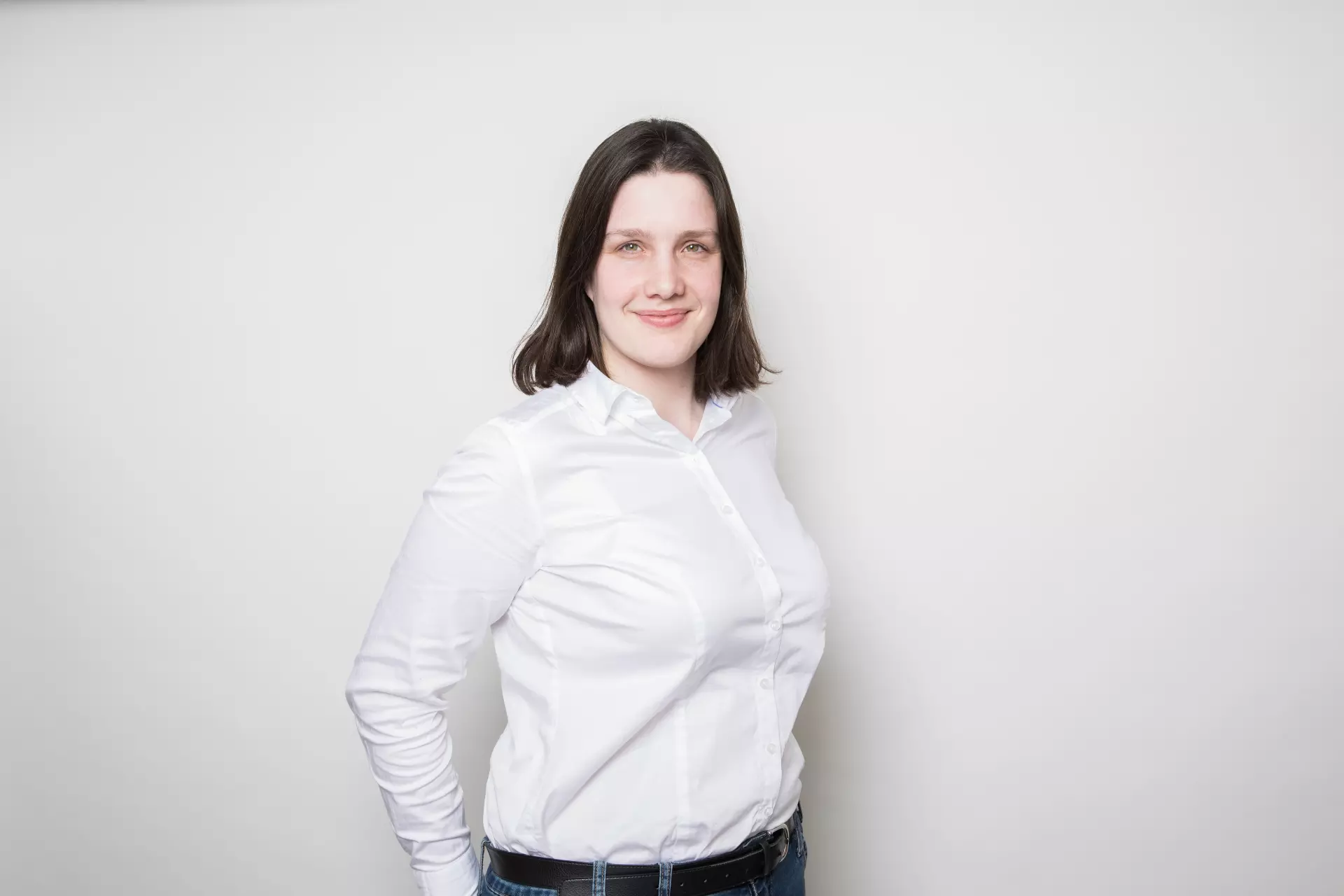
Know how to make your knowledge work for you
PIER Education Platform (PEP)
The PIER Education Platform (PEP) for doctoral and postdoctoral researchers is a cooperation of research schools on the the science campus Bahrenfeld. The PIER Education Platform offers transferable skills training, language courses, and career orientation for early stage researchers.
The portfolio is tailor-made for doctoral and postdoctoral researchers, and focuses on the needs in the respective stage of the individual research projects - from research effectiveness for first year doctoral students to career career advice and networking events for postdocs.
Cooperation partners in PEP are the PIER Helmholtz Graduate School, the Quantum Universe Research School, the graduate school of the Center for Ultrafast-Imaging/Advanced Imaging of Matter CUI/AIM, the Data Science in Hamburg Helmholtz Graduate School for the Structure of Matter DASHH and the Helmholtz-Lund International School HELIOS. Early career researchers from other affiliated research centers such as MPSD, IMPRS-UFAST, CSSB, and EMBL may also participate upon request.
For postdocs: Sign up to our newsletter to stay tuned about our programme. If you'd like to be added to our PEP for postdocs newsletter, send an e-mail to Pragya Chopra (pragya.chopra@pier-hamburg.de).


»PEP ensures that each early career researcher is provided with everything they need to acquire the professional skills they require to become successful scientists.«
Jennifer Popp | PHGS member since 2021 | Learn more

»PEP ensures that each early career researcher is provided with everything they need to acquire the professional skills they require to become successful scientists.«
Jennifer Popp | PHGS member since 2021 | Learn more

Transferable skills, also known as “portable skills,” are qualities that can be transferred from one job to another. You likely already possess many transferable skills employers want, like self-organization or strong communication. You can strengthen those skills and develop new ones that employers value across industries and jobs.
All jobs, both within and outside academia, require a combination of a set of skills. Some are hard skills, which are teachable and easy to quantify, like being fluent in another language. Some are soft skills, which are harder-to-quantify skills like time management. Transferable skills can be hard or soft skills. What sets transferable skills apart is that they can be used in multiple career fields. For example, time management and language fluency are both useful in multiple fields.




